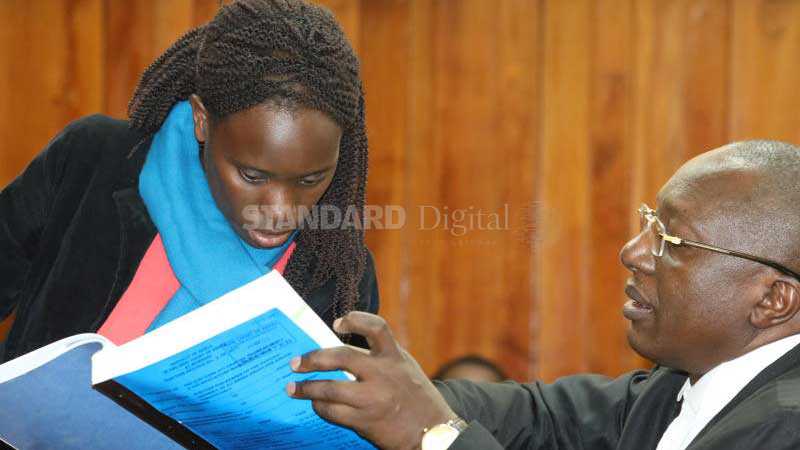×
The Standard e-Paper
Stay Informed, Even Offline

A cap set on legal fees payable to lawyers representing the electoral commission in petitions will save the taxpayer billions of shillings.
The recently introduced cap will see external lawyers who handled the 375 petitions on behalf of the Independent Electoral and Boundaries Commission (IEBC) as a respondent paid as per set guidelines.